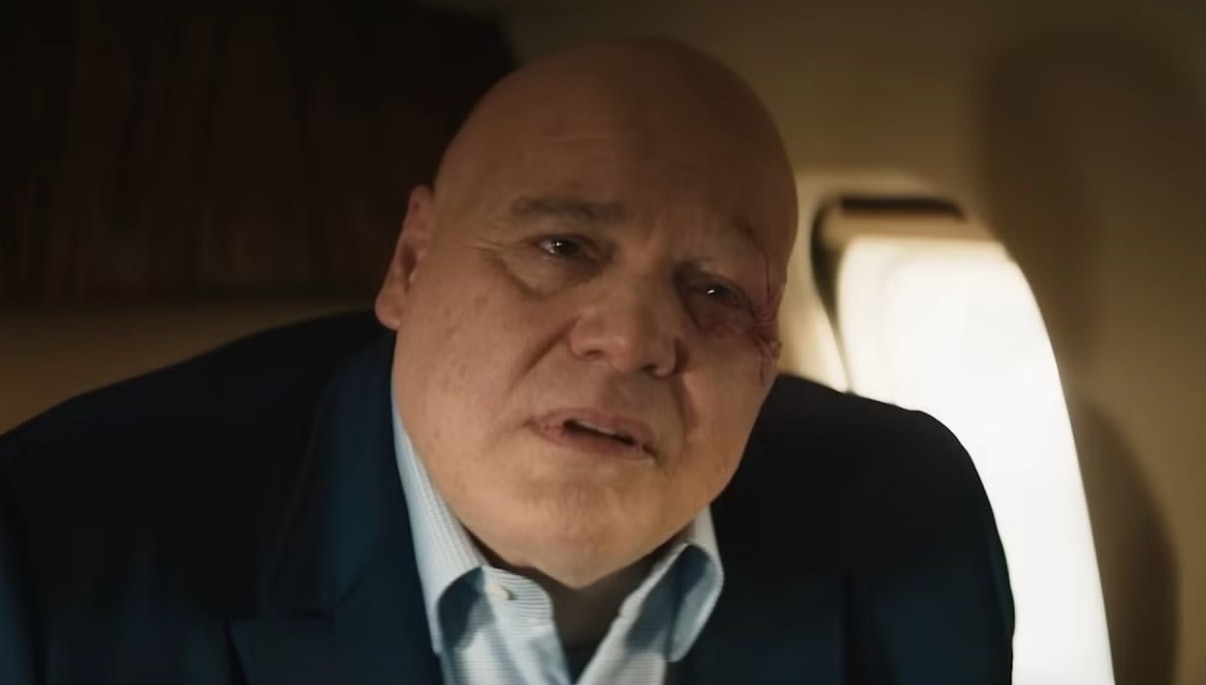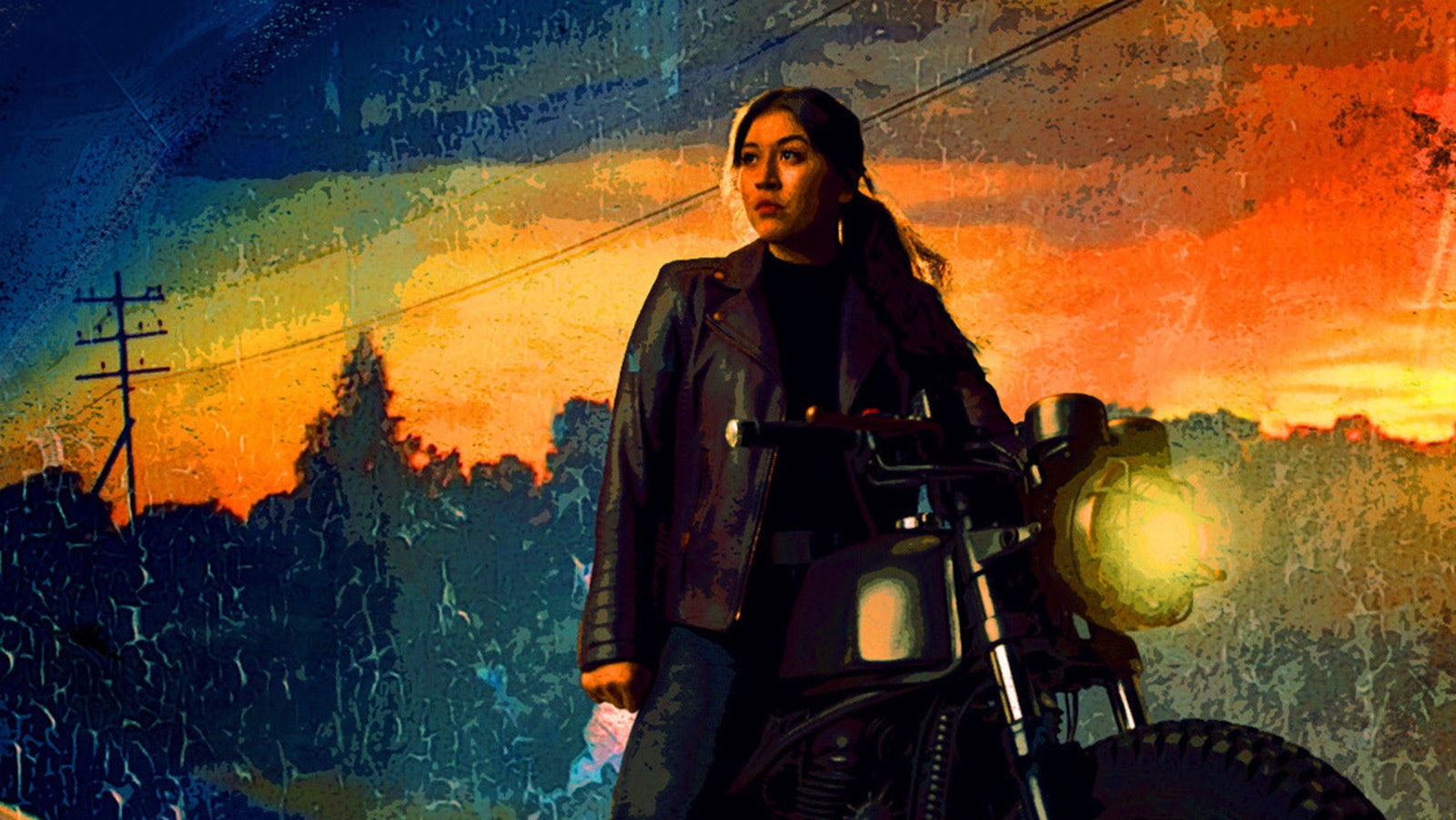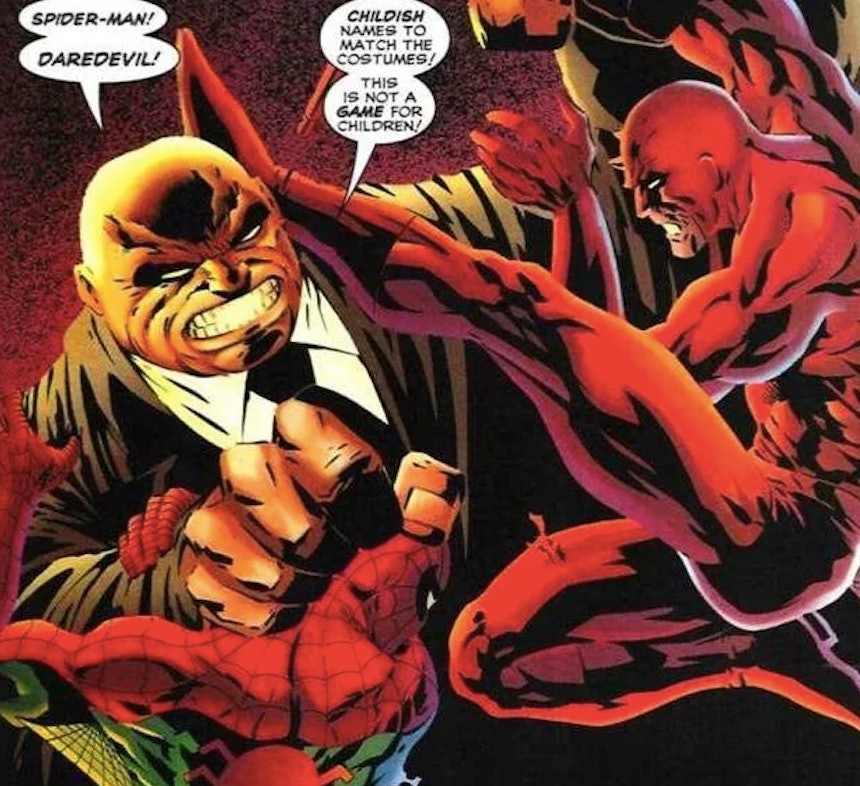
Until recently, the Marvel Cinematic Universe has always presented itself as a well-oiled machine that sucks up comics and spits out billion-dollar movies. But the truth is, many of the MCU’s biggest wins were the result of last-minute improvisation: especially when it comes to the franchise’s iconic post-credits scenes.
The script for Nick Fury’s surprise appearance after the end of 2008’s Iron Man was written at the absolute last second, with comics scribe Brian Michael Bendis offering multiple dialogue options for the studio to choose from. And Thanos’ big reveal in The Avengers only happened because director Joss Whedon thought the character looked cool, with no foresight into how the Mad Titan would shape the MCU’s future. Of course, they can’t all be winners. Plenty of post-credits scenes introduce new characters or plotlines that never show up again. And yet, Marvel’s latest outing, Echo, represents a shocking new low for the post-credits scene as we know it.

If you haven’t watched Echo’s post-credits scene yet and don’t care about spoilers, here’s a quick recap. After getting his butt kicked by Echo, Vincent D’Onofrio’s Wilson Fisk (aka, the supervillain Kingpin) returns home to New York on a private plane. While in the air, he starts watching TV only to catch two pundits discussing the city’s wide-open mayoral race, which is apparently anyone’s to win and ripe for an outsider candidate. Fisk’s eyes widen as he leans in and envisions a new path to power.
Let’s get right to the point. This is just about the laziest storytelling I’ve ever seen. It’s the kind of thing most screenwriters would never stoop to without at least a little self-awareness.
Echo’s post-credits scene reminds me of a joke from Family Guy, in which, after a convenient TV segment solves Peter Griffin’s latest predicament, mustachioed newscaster Tom Tucker delivers the following line: “Coming up, our exposé on conveniently placed news reports in television shows. But first, Peter, look out for that skateboard!”
To be clear, that episode of Family Guy aired over 20 years ago in 2001.

There are countless ways Echo could have set up Kingpin’s future as a major threat to the MCU. Having the actor wordlessly stare offscreen while trying to react to audio that probably hadn’t even been recorded yet is probably the laziest way to do it. If I had to guess, I’d say Marvel Studios panicked after being forced to fire Jonathan Majors as its big bad Kang the Conqueror and added in this post-credits scene as a backup.
To be clear, there’s nothing wrong with positioning Kingpin as a new Big Bad. The MCU needs someone, and while Wilson Fisk has never risen to an Avengers-level threat in the comics, he could still stir up enough trouble to assemble a crew of classic street-level heroes that includes Spider-Man, Daredevil, and the rest of the Defenders. Considering how long Marvel has gone without a new Avengers movie, even that would probably be enough to win over fans and juice ticket sales.
So while I’m not complaining about what Echo’s post-credits sets up in general, it’s still worth calling out lazy writing when we see it, especially coming from a show that Marvel presented as its attempt at prestige television.







